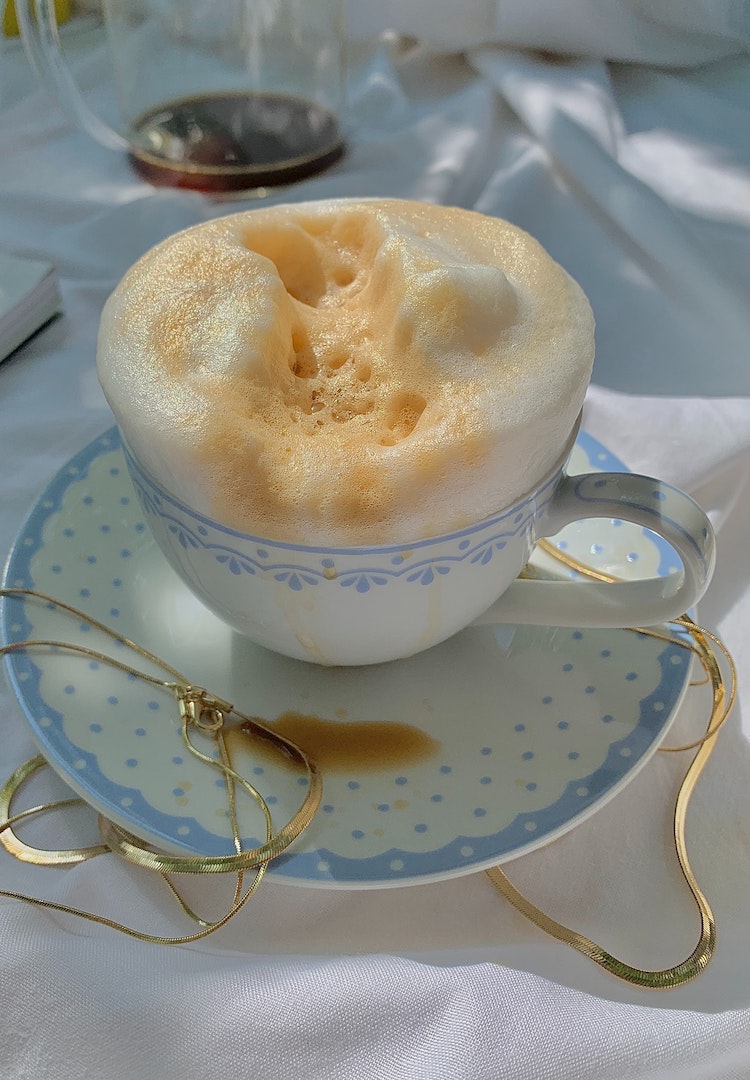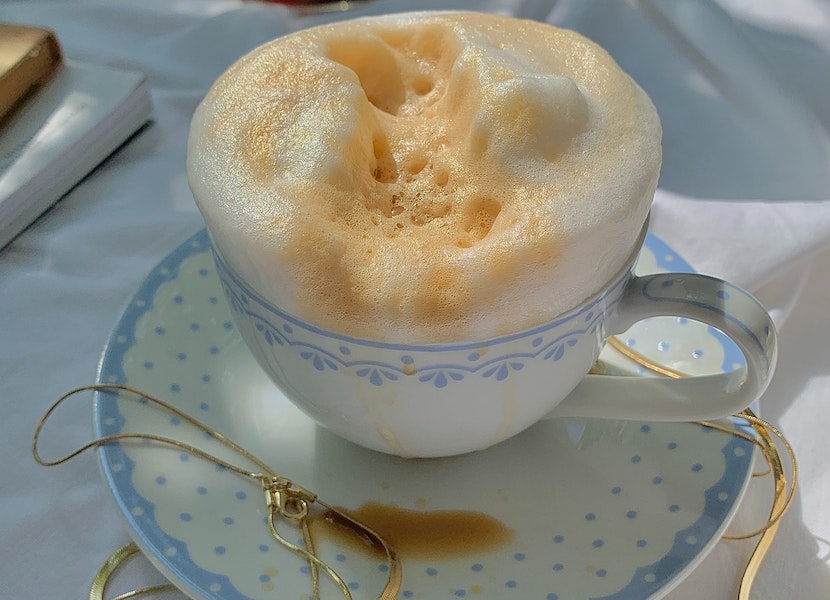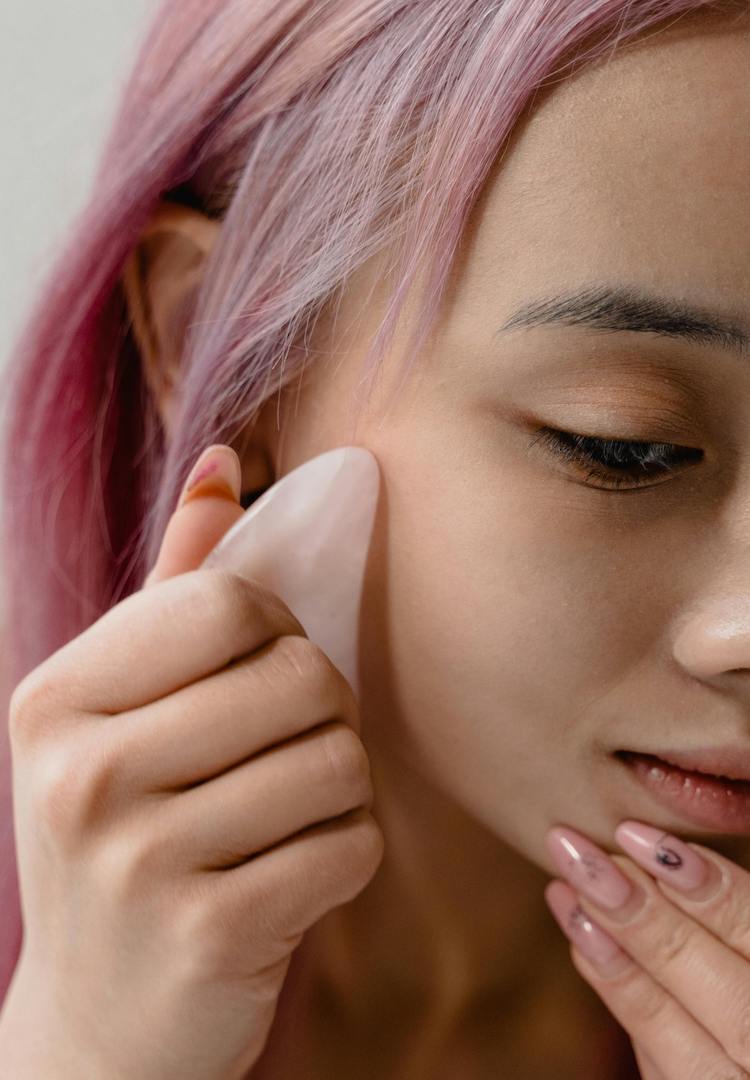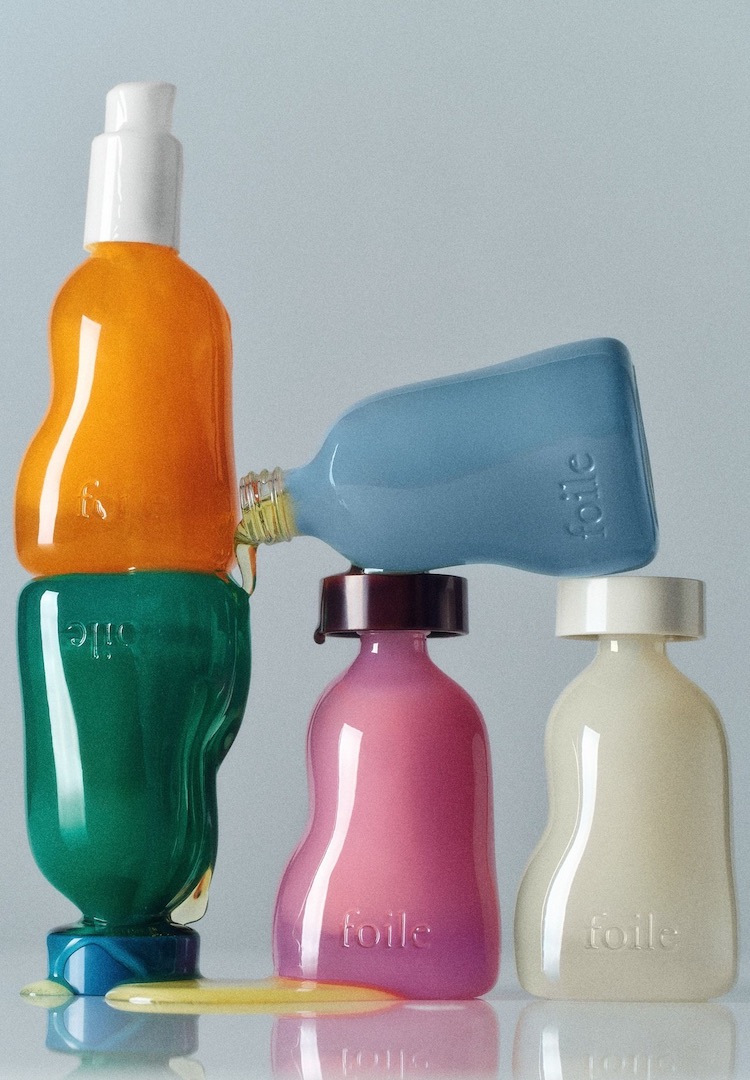Are plant-based milk alternatives healthier?
Two experts weigh in on oat milk, soy milk, almond milk and more.
As I sit here, tapping away at my keyboard, I have a shoddy homemade coffee at my side. A half-assed attempt of a long black with a good dash of oat milk sustains me, energises me, breathes new words into my brain.
For many years, I have dabbled in the alternative mylk space (I even wrangled a plant mylk taste test with my dairy-heavy partner here a few years back).
Interested to hear from other experts? Head to our Life section.
My coffee consumption coincided with a prominent time in cafe culture: it became disastrously uncool to ask for full cream milk. Back then, the best bets were typically soy or almond, once mostly reserved for the lactose intolerant.
These days, we have a cornucopia of plant mylks ready to access including oat, coconut, macadamia, pistachio, hemp, pea or any blend of the above. I still get giddy when a cafe includes my favourite oat milk in their standard Tetra Pak lineup.
At least from my perspective, the boom has had little to do with nutrition. It seems we’ve become more concerned about the emissions from dairy production and generally living what appears to be a “conscious” life. (Though I note that many alternative mylks have their own set of environmental drawbacks, like almond’s water-hungry crops, mostly grown in dry California).
For all this consumption and hype, are plant-based milk alternatives really any good for us? I hate to complicate life when it feels we have such a good thing going, but what if there is something not quite right?
I enlisted the help of two professionals so that we could nut it out (ha!) once and for all.
Are plant mylks really as healthy as they’re made out to be?
Sydney-based naturopath Alice Flannery and clinical nutritionist Alexandra King share the same views on our often-excessive preference for the alternative mylk.
“Not all alternative mylks are created equally,” says Alexandra. “Barista mylks, in particular, contain a lot of ingredients that you don’t want to be consuming on a daily basis, or at all, if you can avoid it.”
The ingredients under scrutiny? Vegetable oils, gums, starches and thickeners that are frequently used to thicken and add texture to the mylk, prolong shelf-life and act as an emulsifier to prevent separation. As Alice tells me, “These additives – particularly vegetable oils – are incredibly inflammatory to the body and compromise the gut microbiome, which can lead to a host of other health issues.”
It’s also worth noting that most commercial alternative mylks contain little of the ingredient they actually spruik on the packaging. Turn to the ingredients list, and a bottle of almond mylk is likely to contain approximately 3% almonds, the remainder water and those “must-avoid” additives.
In a nutshell, many of our go-to alternatives are not worth a place on the pedestal, at least when we are talking about human health. Are you getting your daily dose of vegetable oil with that latte?
You can’t cut the alt, so which plant-based milk alternative is best?
I’m sorry, but I just can’t cut the alt. In the name of health and longevity, I need to take a step back and reanalyse my options, though. My favourite frothy barista editions are out, so what’s a girl to do?
When purchasing milk alternatives, I’m told we should always look for a short ingredients list. The fewer inputs, the better. A good quality alt milk should realistically only contain the nut/oats/rice/soy, water and a small amount of salt. Avoid vegetable oils, gums, thickeners, flavours and other additives at all costs.
Keep an eye on the percentage of the raw ingredient too. As a general rule, “the lower the percentage of nuts/oats used, the more additives used to thicken the product and extend shelf life,” notes Alice. And go for the unsweetened option, always.
These alternatives make the cut (many are available at the supermarket), according to Alexandra and Alice:
- Nutty Bruce Unsweetened Almond or Almond & Coconut Milk
- Mandole Orchard Unsweetened Almond Milk
- Coco Quench Coconut Milk
- OMG Oat Milk
- Bonsoy Soy Milk
- Ulu Hye Nut Mylk Base (a jarred paste that blends with water to create a nut-based mylk. “They have created a variety of blends that are free from any nasty additives and taste great,” says Alexandra).
Even better, both Alice and Alexandra encourage us to get out the blender and some nuts, and make our own. It’s not that hard (cheaper, too!).
So how do you milk nuts, exactly?
As per Alice’s instructions: “Simply soak two handfuls of organic raw almonds overnight. In the morning, rinse almonds and add to a blender with one litre of filtered water, a pinch of salt and a dash of vanilla essence, and blend on high speed until combined. Strain and store in a glass bottle in the fridge.” Likewise, look for cafes that offer house-made nut mylks. Fresh is best, baby.
“Like everything in life, it is all about balance!” Alice reminds me. “It is what you do most of the time that matters, and just being mindful of how often you’re consuming these mylks is a good place to start.”
Viva la revolución! Consume mindfully and with awareness, and raise your homemade almond/oat/cashew/hazelnut latte with me!
For the milk-alternatives with the smallest environmental impacts, head here.













